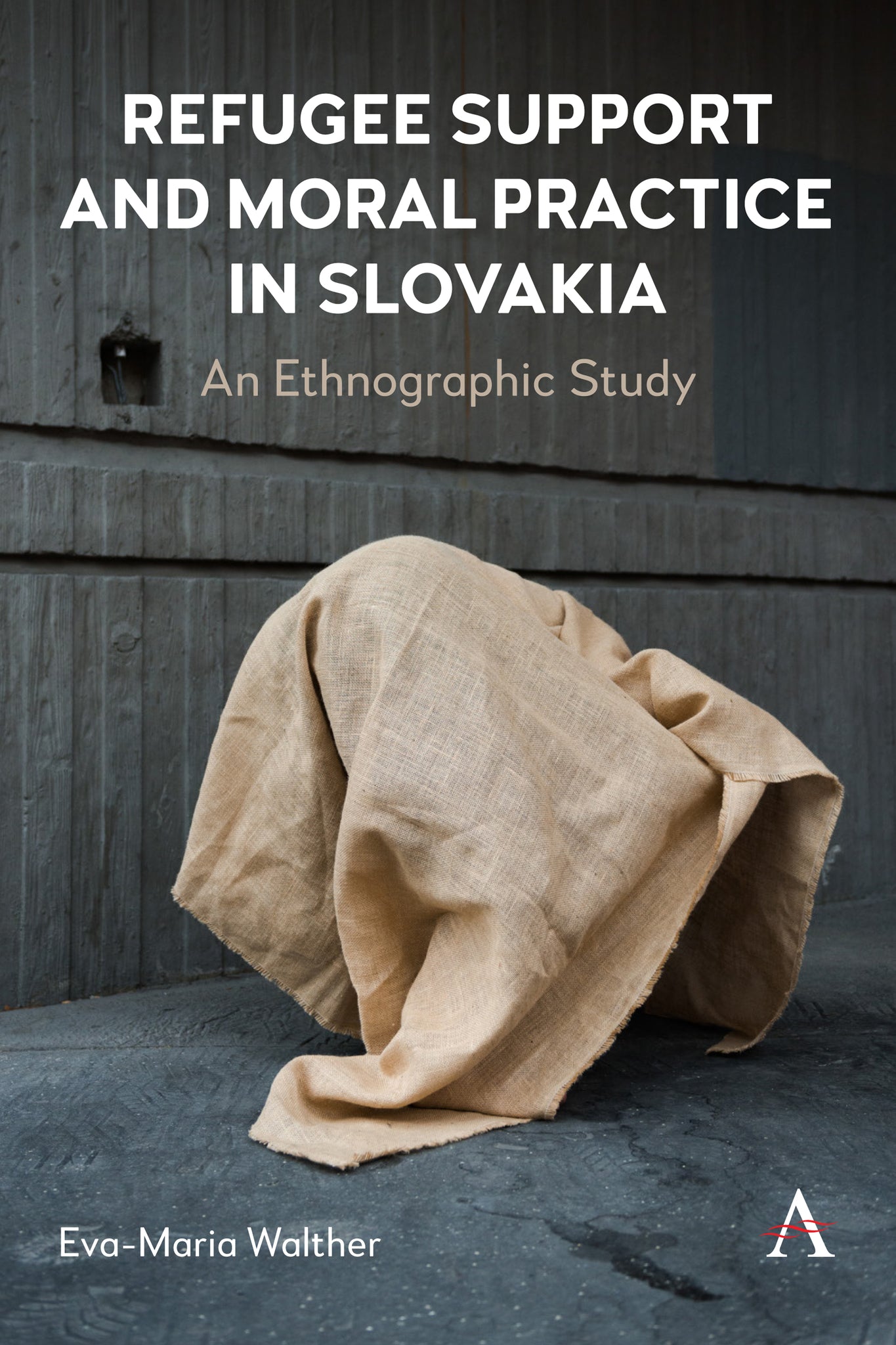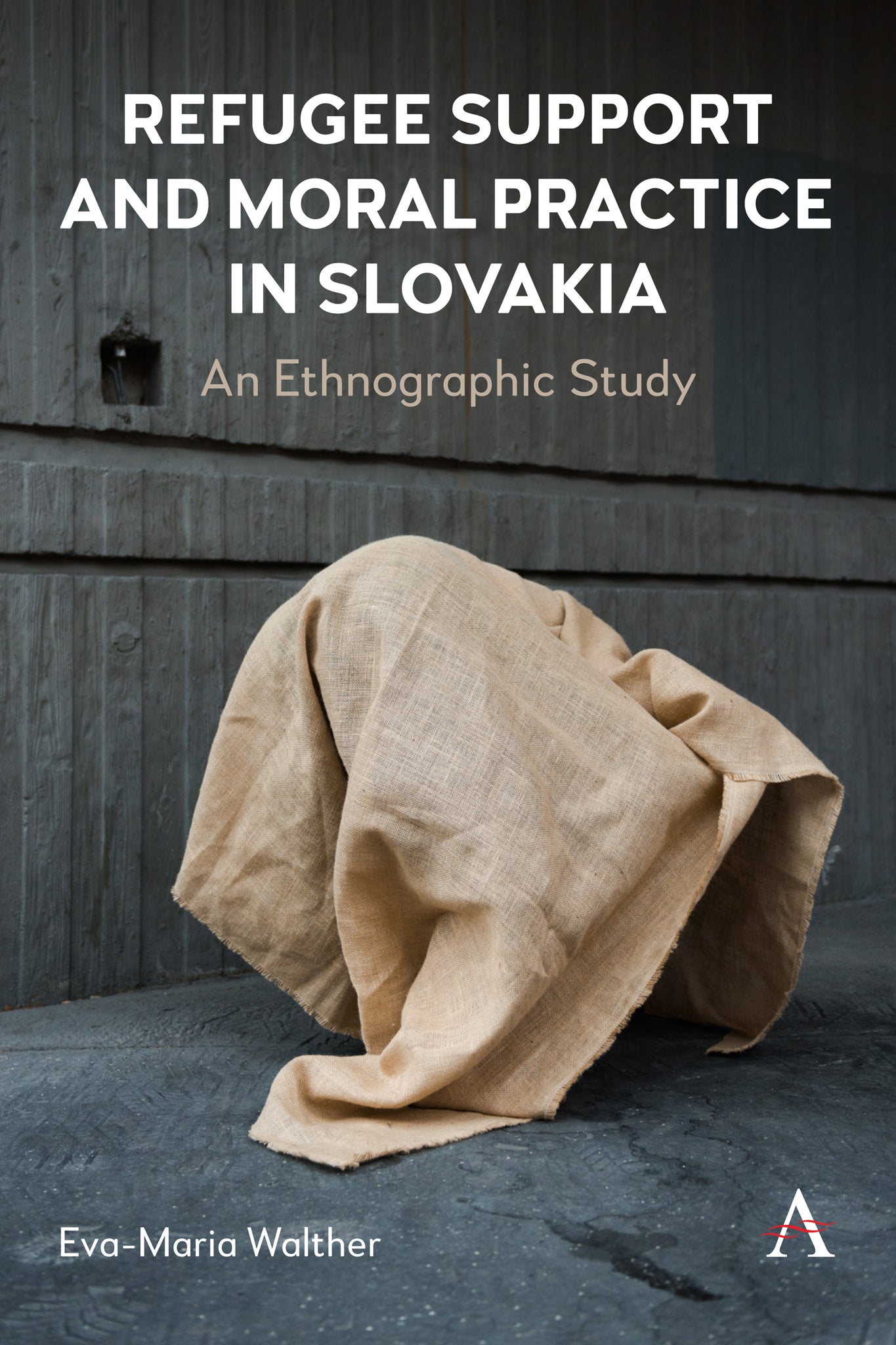We're sorry. An error has occurred
Please cancel or retry.
Refugee Support and Moral Practice in Slovakia

Some error occured while loading the Quick View. Please close the Quick View and try reloading the page.
Couldn't load pickup availability
- Format:
-
02 July 2024

This ethnography explores the political quandaries and personal dilemmas that refugee supporters—volunteers and NGO employees—in Slovakia face while working with their target group. Operating in a refugee-hostile political and public climate, they navigate scarce or absent refugee care infrastructures and strict supervision by state authorities. Building on extensive participant observation in three different refugee support organizations, the book shows how moral codes and emotional templates shape the implementation of refugee support, structuring encounters and clashes between refugees, helpers, and bureaucrats. The ethnography illustrates how, despite a plenitude of divergent constraints, the actors produce remarkably permanent makeshift solutions for “good enough” care.
At the same time, it is on the level of personal encounters and clashes that ideological and practical delineations between state and non-state actors, and between refugee-hostile and refugee-friendly positions, become blurred: NGO refugee supporters sometimes converge with state policies in practices of control while state authorities occasionally become deeply invested in providing empathetic care.
The book revisits narratives of illiberal backsliding and xenophobia in Central and Eastern European countries by describing the complicated emergence and perpetuation of refugee-hostile sentiments in an exemplary setting.

SOCIAL SCIENCE / Anthropology / Cultural & Social, Refugees and political asylum, SOCIAL SCIENCE / Refugees, SOCIAL SCIENCE / Cultural & Ethnic Studies / European Studies, Social and cultural anthropology

“Refugee Support and Moral Practice in Slovakia depicts the perseverance albeit imperfection of refugee support. Non-state actors work within informality and improvisation in regular collaboration but also disobedience toward the state and hostile policies. This ethnography is very timely given the broader rise in nativism and right-wing extremism in contemporary Europe.” — Katerina Rozakou, Assistant Professor of Social Anthropology, Panteion University of Social and Political Sciences, Athens
Acknowledgments; Chapter: 1 Introduction; Chapter: 2 A Deeply Divided Country; Chapter: 3 Moralities and Emotions; Chapter: 4 Formality and Improvisation; Chapter: 5 Acceptance and Adaptation; Chapter 6: Trust and Mistrust; Chapter: 7 Emancipation and Paternalization; Chapter: 8 Conclusion; References; Index



